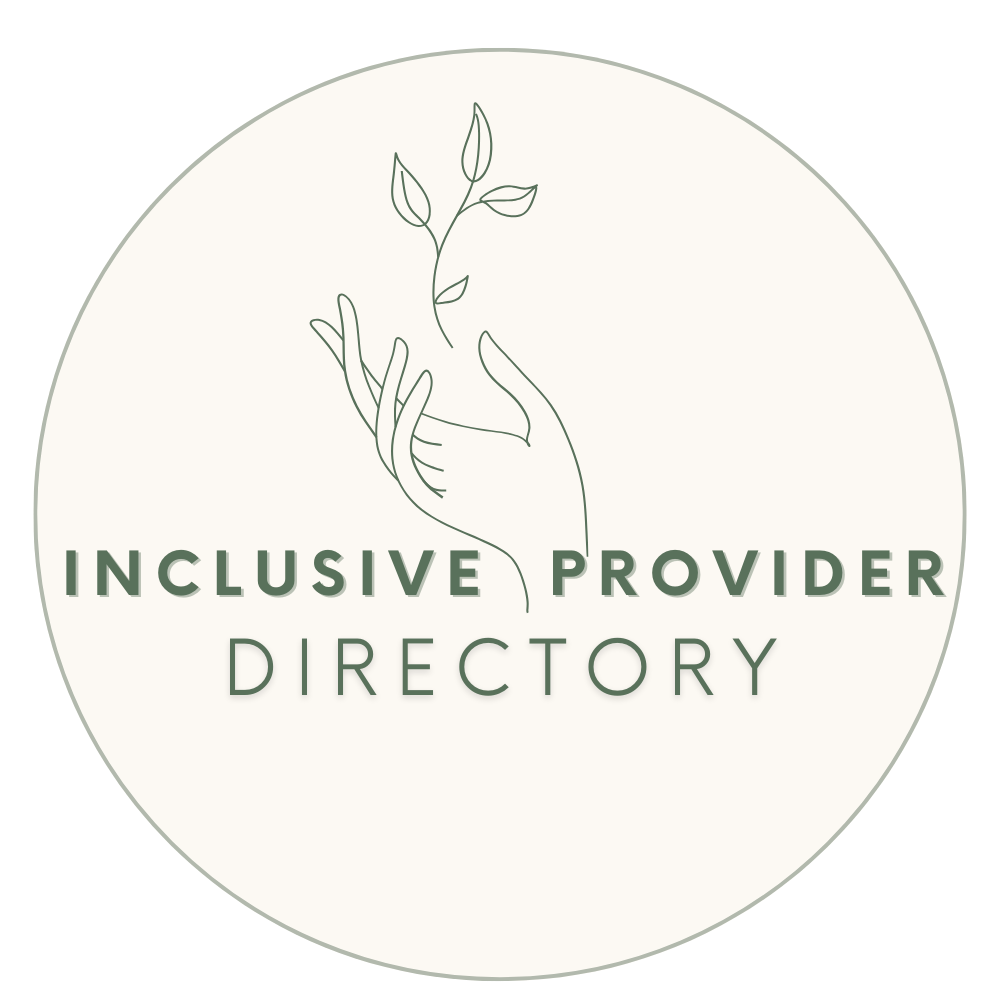Interviewing Your Provider: Finding the Right Fit for Your Perinatal Journey
Selecting a provider to support you through the transformative stages of pregnancy, birth, and postpartum is one of the most crucial decisions you can make. Whether you’re seeking a therapist, doula, lactation consultant, or any other perinatal professional, finding someone who aligns with your values, needs, and vision is essential. This process can feel overwhelming, especially when you're already navigating the physical, emotional, and mental challenges of this time. That’s why it’s important to approach the search with intention, ensuring that your provider is the best fit for you and your family.
Here’s a guide to help you interview potential providers to determine if they’re the right match for your unique journey.
Trust Your Instincts
As you interview potential providers, remember to trust your instincts. Pay attention to how you feel during your conversations. Do you feel respected, heard, and understood? Are your questions met with thoughtful and clear answers? Your comfort and confidence in your provider are essential.
Consider Your Needs and Values
Before you begin reaching out to providers, take some time to reflect on your needs, values, and preferences. Are you looking for someone who has experience with high-risk pregnancies or specializes in postpartum depression? Do you want a provider who is deeply knowledgeable about cultural practices, trauma-informed care, or gender-affirming support? Identifying these key areas will help you focus your search on providers who are well-equipped to offer the support you need.
Questions to Ask Potential Providers
Once you’ve identified a few potential providers, it’s time to ask them questions that will help you gauge whether they’re a good fit for you. Not all of these questions will apply to you and your specific needs, but these are a few questions that might help you get started.
What is your approach to care?
Ask the provider to describe their philosophy and approach. Do they practice from a holistic perspective, integrating mind, body, and spirit? Are they focused on evidence-based practices, or do they incorporate alternative therapies? Understanding their approach will help you determine if it aligns with your own beliefs about perinatal care.
How do you support birthing people with diverse identities?
It's crucial that your provider is committed to creating an inclusive and affirming environment. Ask how they work with individuals from marginalized communities, including BIPOC, LGBTQIA+ folks, and neurodivergent people. Do they have training or experience in anti-racist, feminist, or trauma-informed care? This question helps ensure that your provider will honor and respect your identity throughout your care.
What experience do you have with my specific needs?
If you have particular concerns—such as previous birth trauma, managing a chronic health condition during pregnancy, or navigating a complicated breastfeeding journey—ask the provider about their experience in these areas. How many clients with similar needs have they worked with? What specialized training or certifications do they have? This will give you confidence in their ability to support your unique situation.
How do you handle emergencies or complications?
It's important to know how your provider responds to unexpected situations. Ask about their protocols for handling emergencies, complications, or challenges during pregnancy, birth, or postpartum. Do they work closely with other healthcare professionals? Are they prepared to provide or refer you to additional support if needed?
What accessibility accommodations do you offer?
Accessibility is key in ensuring that your care experience is smooth and comfortable. Ask if they offer accommodations such as gender-neutral restrooms, wheelchair accessibility, or sensory-friendly environments. If you’re receiving care virtually, inquire about options like closed captioning or camera-free sessions.
How do you prioritize self-care and continued learning?
A provider who prioritizes their own well-being is likely to be more present and effective in their work. Ask how they practice self-care and stay current in their field. What professional development do they engage in? What books or resources are they currently exploring? This can give you insight into their commitment to providing the best care possible.
Final Thoughts
Finding the right provider can take time, but it’s worth the effort to ensure that you have a supportive and skilled partner by your side. Use these questions as a starting point to guide your search, and don’t hesitate to reach out to multiple providers until you find the one that feels like the best fit for your journey. Your perinatal experience is deeply personal—make sure you’re surrounded by people who respect and uplift you every step of the way.



